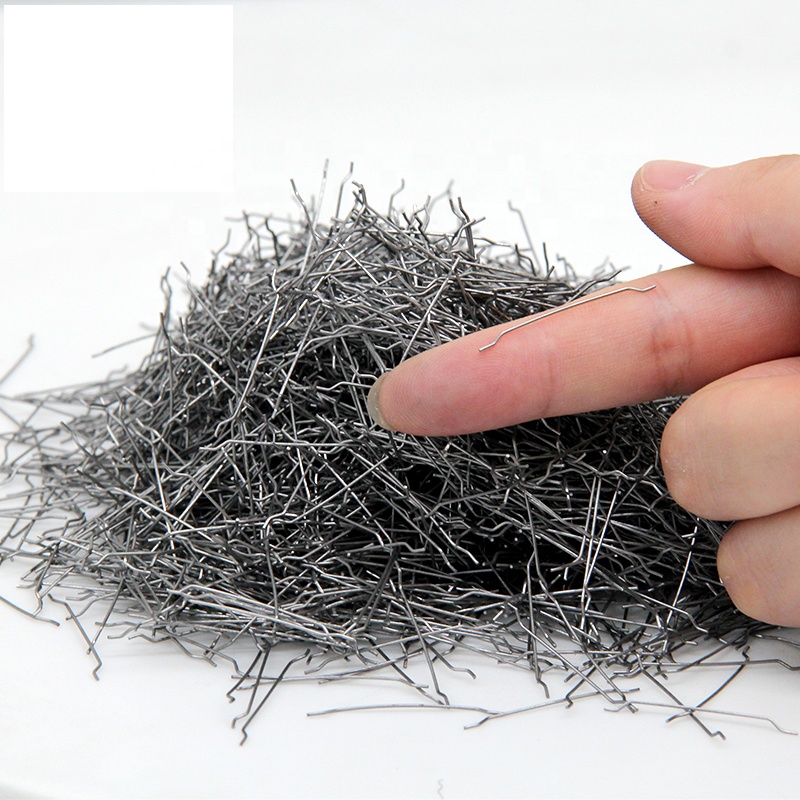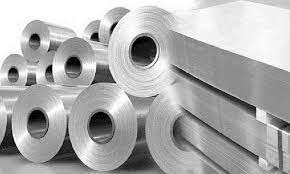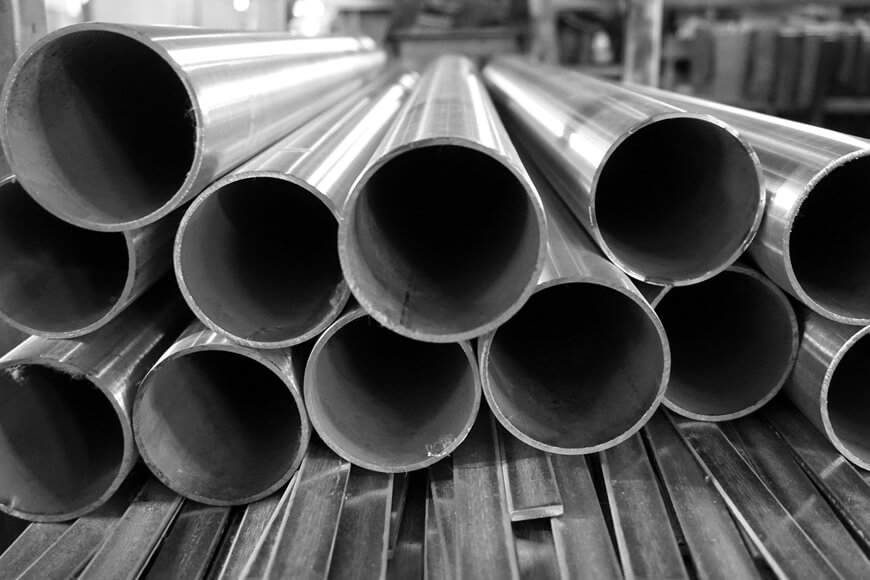Stainless steel fiber is a versatile material that offers a range of benefits for industrial applications. This article explores the advantages of stainless steel fiber and how it can enhance the performance and durability of various materials and products. From its corrosion resistance and high tensile strength to its electrical conductivity and thermal stability, stainless steel fiber is a valuable addition to many industries. Read on to learn more about the benefits of this remarkable material.
The Corrosion Resistance of Stainless Steel Fiber
Stainless steel fiber is highly resistant to corrosion, making it an ideal material for use in harsh environments. Its resistance to rust and other forms of corrosion makes it a popular choice in the marine, automotive, and aerospace industries, as well as in applications where exposure to chemicals or moisture is a concern.

The Tensile Strength of Stainless Steel Fiber
Stainless steel fiber has a high tensile strength, making it an excellent material for reinforcing concrete and other materials. It can improve the strength and durability of products and structures, making them more resistant to wear and tear, impact, and other forms of damage.
The Electrical Conductivity of Stainless Steel Fiber
Stainless steel fiber is an excellent electrical conductor, making it useful in applications where conductivity is essential. It can be used in electronics, sensors, and other applications where electrical connections are required.

The Thermal Stability of Stainless Steel Fiber
Stainless steel fiber has excellent thermal stability, making it ideal for use in high-temperature environments. It can withstand extreme heat without melting or degrading, making it useful in applications such as furnace linings, heat exchangers, and other high-temperature applications.
Example:
One example of the use of stainless steel fiber is in the production of concrete. Adding stainless steel fiber to concrete can improve its strength and durability, making it more resistant to cracking and other forms of damage. This makes it ideal for use in construction projects, where strength and durability are essential.

Summary:
Stainless steel fiber is a versatile material that offers many benefits for industrial applications. Its corrosion resistance, high tensile strength, electrical conductivity, and thermal stability make it a valuable addition to many industries. By incorporating stainless steel fiber into their products and processes, businesses can improve their performance, durability, and overall quality.